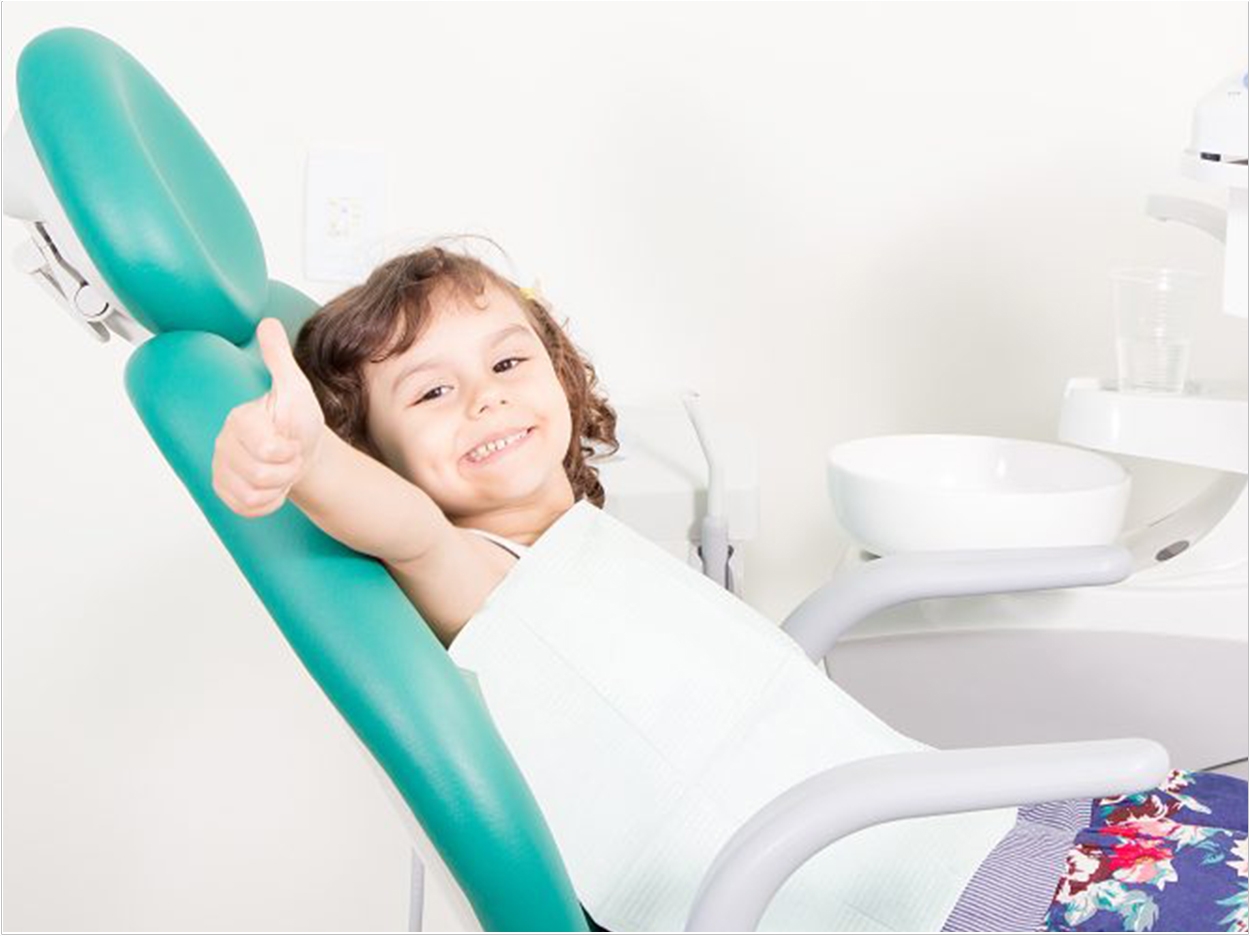
The children of immigrants in Canada face significant barriers in accessing oral healthcare in addition to barriers in getting other healthcare, according to a multidisciplinary study from researchers at the University of Alberta.
“My intention in collaborating on this study was to show dentists that our struggles are not unique to dentistry. We need to work together with other healthcare providers to resolve these issues,” said Dr. Maryam Sharifzadeh-Amin, a qualitative oral health researcher with the university’s School of Dentistry.
Sharifzadeh-Amin focuses on access to care in immigrant populations and pediatric oral healthcare. While there is a lot of research on immigrants’ access to care, the university said, few studies focus on access to care for their children.
Many of these barriers such as knowing what services are available, language, and the patient-provider relationship are common to all disciplines, the researchers said. However, there are additional burdens specific to access to oral healthcare for children of immigrants.
For example, treating immigrants during their early years in Canada when they are still struggling with upgrading their credentials and finding jobs is much harder when cost comes into play, the researchers said.
“One of our biggest tools as healthcare providers is advocating for prevention. Recommending that a patient come in for an annual checkup can prevent many more expensive procedures later on. Still, the patient has to be able to afford to pay out of pocket or have the right insurance. Patients see the cost and put off their visits,” said Sharifzadeh-Amin.
“While we may not be able to resolve the financial issue, we can work on the other social determinants,” she said, including:
- Having more interpretation services available to recent immigrants
- Making healthcare providers more aware of cultural differences
- Increasing cultural competency of future oral healthcare providers
- Using a model of patient-centered care
Another barrier is the lack of awareness that children’s teeth are vital, even though they fall out naturally.
“Many people don’t understand the traumatic impact of losing primary teeth prematurely or the impact on permanent teeth when the oral cavity and environment isn’t safe,” said Sharifzadeh-Amin.
“Access to care in vulnerable populations is a passion of mine. The immigrant population specifically is at higher risk of developing dental and periodontal diseases,” she said.
The study also shows how multidisciplinary studies are critical, especially for dentistry and oral health researchers, the researchers said.
“Every time I receive an invitation from my colleagues in medicine, I’m very pleased to collaborate. I’m tired of seeing oral health addressed in a silo. Dentists know that the oral cavity is part of the body and when we talk about general health, we’re also talking about oral health. Still, we need to share this with other professionals,” Sharifzadeh-Amin said.
“I’ve heard it myself. Funders asking me, ‘Can you tell me that teeth are more important than hearts?’ No, I can’t, obviously, but it doesn’t mean that teeth are not important. It’s a pity for oral health researchers because we have to spend a lot of space in our studies justifying why the study is important!” she said.
Oral health researchers should initiate this type of collaboration with colleagues from other disciplines such as medicine, nursing, or even psychology, Sharifzadeh-Amin said.
“They have the expertise we don’t have. Working together and dealing with the issue as complex beyond the medical model would help us to resolve them,” she said.
The study, “Access to Healthcare for Immigrant Children in Canada,” was published by the International Journal of Environmental Research and Public Health.
Related Articles
Packers Give Back to Brown County Oral Health Partnership
Tennessee Celebrates Oral Health Smile Power Week
HHS to Distribute Relief Funds to Medicaid and CHIP Providers












